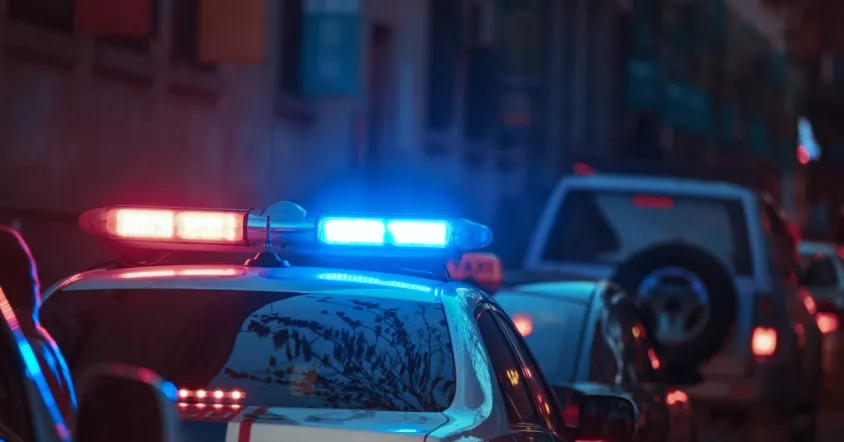
Getting pulled over by law enforcement can be stressful, even if you haven’t done anything wrong. In the Brazos Valley and across Texas, traffic stops are one of the most common ways people interact with police.
Knowing your rights and your responsibilities can make these encounters safer and help protect you if things escalate into criminal charges.
Why Traffic Stops Happen
Police can stop your vehicle if they have reasonable suspicion that a traffic law has been violated, such as speeding, failing to signal, or having a broken taillight. They may also pull you over if your car matches the description of a suspect vehicle or if they believe you are impaired.
What You Must Do During a Traffic Stop
Even though you have rights, you also have certain obligations under Texas law:
- Pull over safely: As soon as you see lights and sirens, signal and stop at the first safe location.
- Provide documents: You must show your driver’s license, proof of insurance, and vehicle registration when asked.
- Follow lawful orders: Step out of the vehicle if instructed. Refusing could lead to additional charges.
Your Rights During a Traffic Stop
While you must comply with some requests, you don’t give up your constitutional rights just because you’ve been stopped. Key protections include:
1. The Right to Remain Silent
You must provide identifying information (name, license, insurance, registration), but you do not have to answer questions such as “Where are you going?” or “Have you been drinking?” Politely stating, “I choose to remain silent,” is enough.
2. The Right to Refuse a Search (in most cases)
Police cannot search your car without:
- Your consent,
- Probable cause (evidence of illegal activity in plain view or smell), or
- A warrant.
If an officer asks, you can clearly state: “I do not consent to a search.” This protects your rights even if the search proceeds.
3. The Right to Decline Field Sobriety Tests
In Texas, you are not legally required to perform roadside sobriety exercises (like walking in a straight line). However, refusing a breath or blood test after an arrest can trigger automatic license suspension under the state’s implied consent law.
4. The Right to Record
You are allowed to record your interaction as long as you don’t interfere with the officer’s duties. A recording can provide valuable evidence if your rights are violated.
Tips for Handling a Traffic Stop Safely
- Stay calm and keep your hands visible on the steering wheel.
- Be polite and avoid arguing, even if you believe the stop is unfair.
- Do not resist if you are arrested. Instead, exercise your right to remain silent and request an attorney.
Why Knowing Your Rights Matters
Traffic stops in the Brazos Valley can lead to serious consequences, especially if they escalate into DWI or drug charges. Understanding your rights ensures you don’t unintentionally give up legal protections that could help your defense later.
Pulled Over? Spiegelhauer Law Can Help
Traffic stops can be intimidating, but knowing your rights and responsibilities helps keep the situation under control and protects you in the long run.
If you’ve been arrested after a traffic stop in Bryan, College Station, or anywhere in the Brazos Valley, don’t face the charges alone.
Contact Spiegelhauer Law today to discuss your situation and protect your future.


Leave a Reply
Your email address will not be published. Required fields are marked *